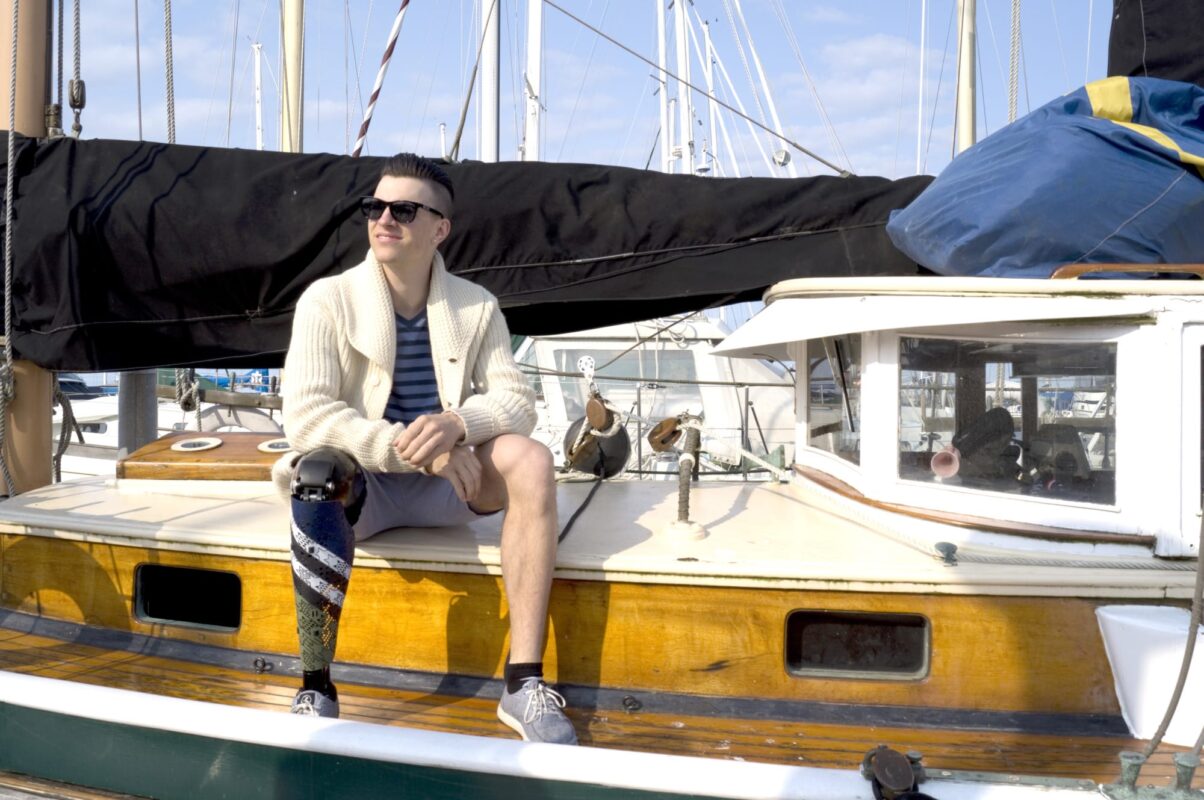ALLELES™ Design Studio Ltd. may be the coolest fashion house/art studio you've never heard of. Founded by McCauley Wanner and Ryan Palibroda and based in Victoria, British Columbia, Canada, Alleles crafts custom-designed prosthetic covers. And according to the latest statistics, more than two million people worldwide have lost one or more of their limbs.
Enlarge
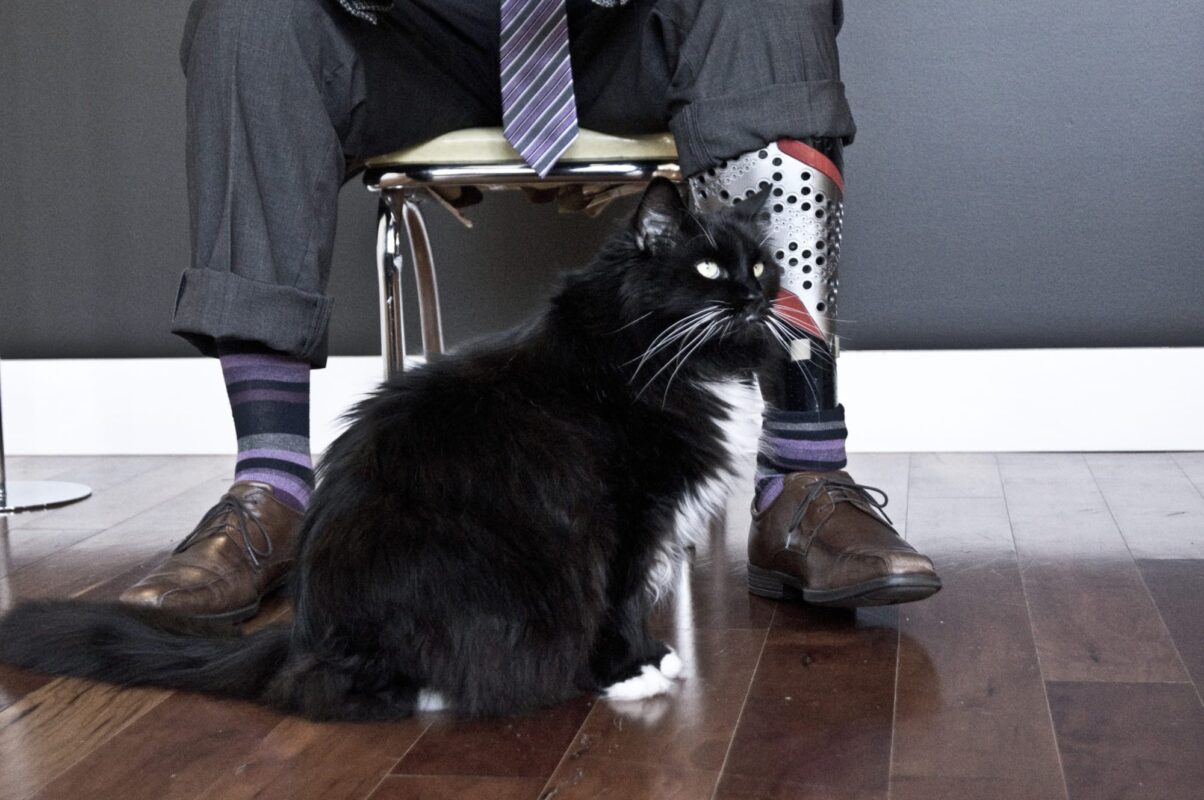
Brook Roe, courtesy of Alleles
"We’re artists, not prosthetists. We’re a team of fashion junkies, totally obsessed with design. And when we started the Alleles studio, we were trying to solve a style problem. Not a limb one. In an industry saturated with robotic aesthetics and clunky contours, our prosthetic covers endeavour to transform something mechanical into something mechani-chic," their website proclaims.
Enlarge
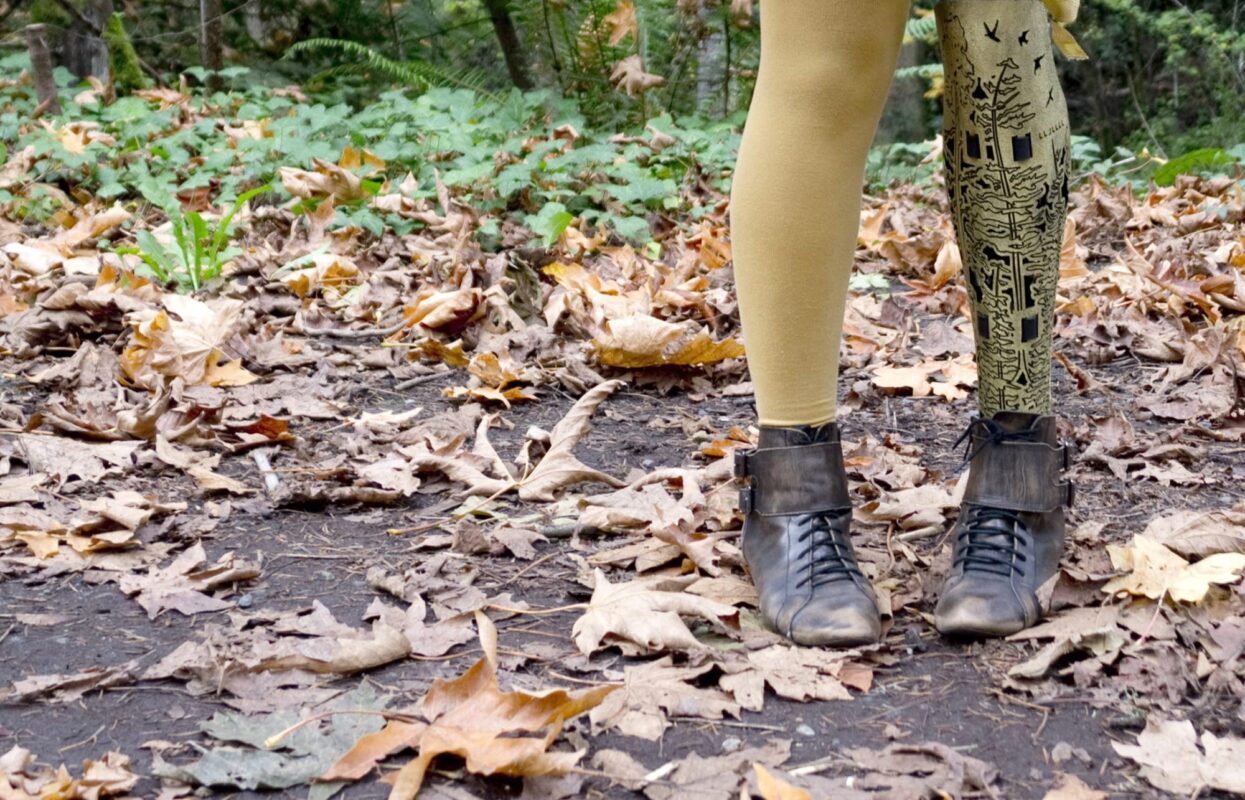
Photo courtesy of Alleles
The founders believe "that shopping for a prosthetic cover should be fun, fashionable, and affordable. So we totally promise to always bring you hand-made covers, with an inspired style and a beautiful silhouette". And because prosthetic covers are certainly not one-size-fits all, every cover is custom-designed and custom-fit. Prices start at CDN$325. Detailed instructions are on their website about how to measure to get the proper fit.
Enlarge
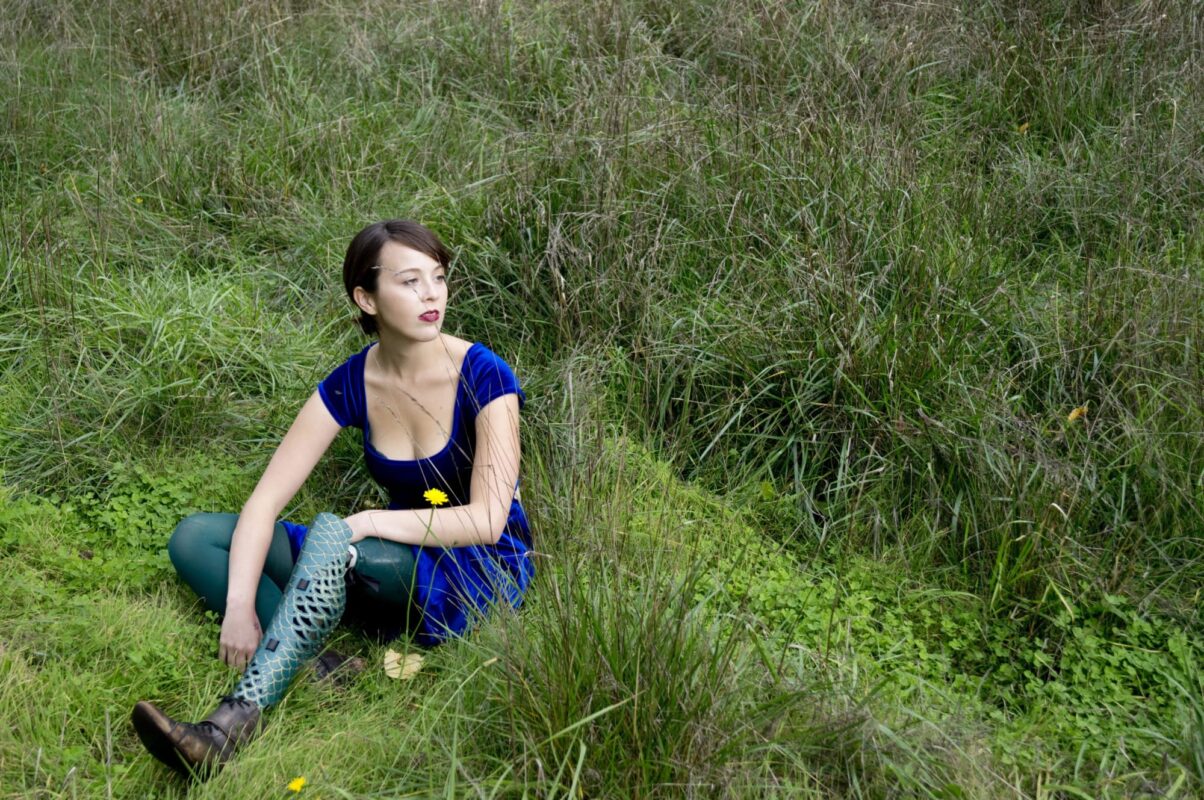
Photo courtesy of Alleles
To learn more about Alleles Design Studio and how the company started, Welum asked Wanner and Palibroda a few questions:
Why is this company / project important?
MW: Fashion is always looked at like it's very frivolous but it actually does have a lot of power. It gives people the ability to express and empower themselves and we felt that was severely lacking in the medical industry.
RP: Alleles is important because it is for our clients, customers, or ultimately people who use the products. Medical Design, design for disability, city planning for disability generally does not take into consideration how these people are going to use these products, or exist in these environments. Instead, they focus on checking off the boxes, and ensuring that they cover their bases when it comes to what they are obligated to do. We work very closely all the time with our clients to make sure our stuff is always getting better, and working for the people who use it.
What was the inspiration behind Allele?
MW: The research was part of my Industrial Design Thesis in 2010. I wanted to look to different ways fashion could be used as a tool to add personality and soul to medical design and debunk the common misconceptions of the frivolity of fashion. I looked to different assistive devices such hearing aids, walkers, wheelchairs, catheters, blood bags, insulin pumps, etc. and ended up getting introduced to John-Paul, a prosthetic wearer who had a lot to say about the lack of choice for amputees regarding cosmetics.
RP: John-Paul Armstrong was very excited there could be options for him, because at the time, he basically was just given stuff and really just had to deal with it. The inspiration behind Alleles was to give choice to people who do not have it.
What success or customer story stands out in your mind?
MW: I've answered this one more as a broad stroke rather than one specific person or story. It's very twofold. As soon as a client gets a cover we usually hear from them that their interactions with people on the street changes from them being pitied or asked personal questions to being complimented and asked about their cool cover.
RP: One of the main missions of the studio was to get design for disability out into the mainstream. I feel like no one embodies this idea more than Mama Cax. Her style, quality of work, and the power of her message has been published in almost everything these days. I think she has proven that it's her work that defines her, not some arbitrary label.
https://welum.com/article/experience-canadas-national-parks/
What would you like the worldwide artistic community to know about you as founders and as the company?
RP: Look at the world and the people around you to see where you can make an impact. If you can work on something socially relevant that solves a problem, I think you will surprise yourself as just how much work there is to be done.
How does Alleles contribute to a world or healing or healthy arts?
RP: By listening to people. And by getting things done in real life.
Enlarge
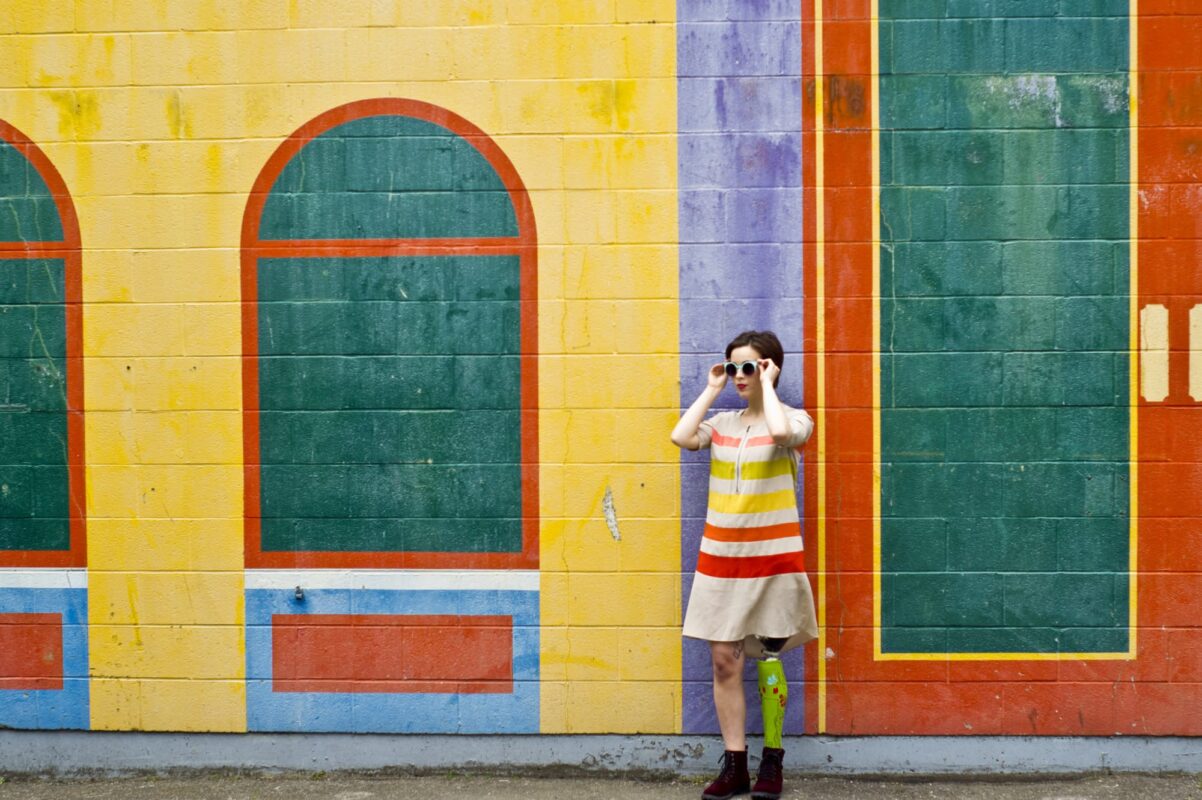
courtesy of Alleles

